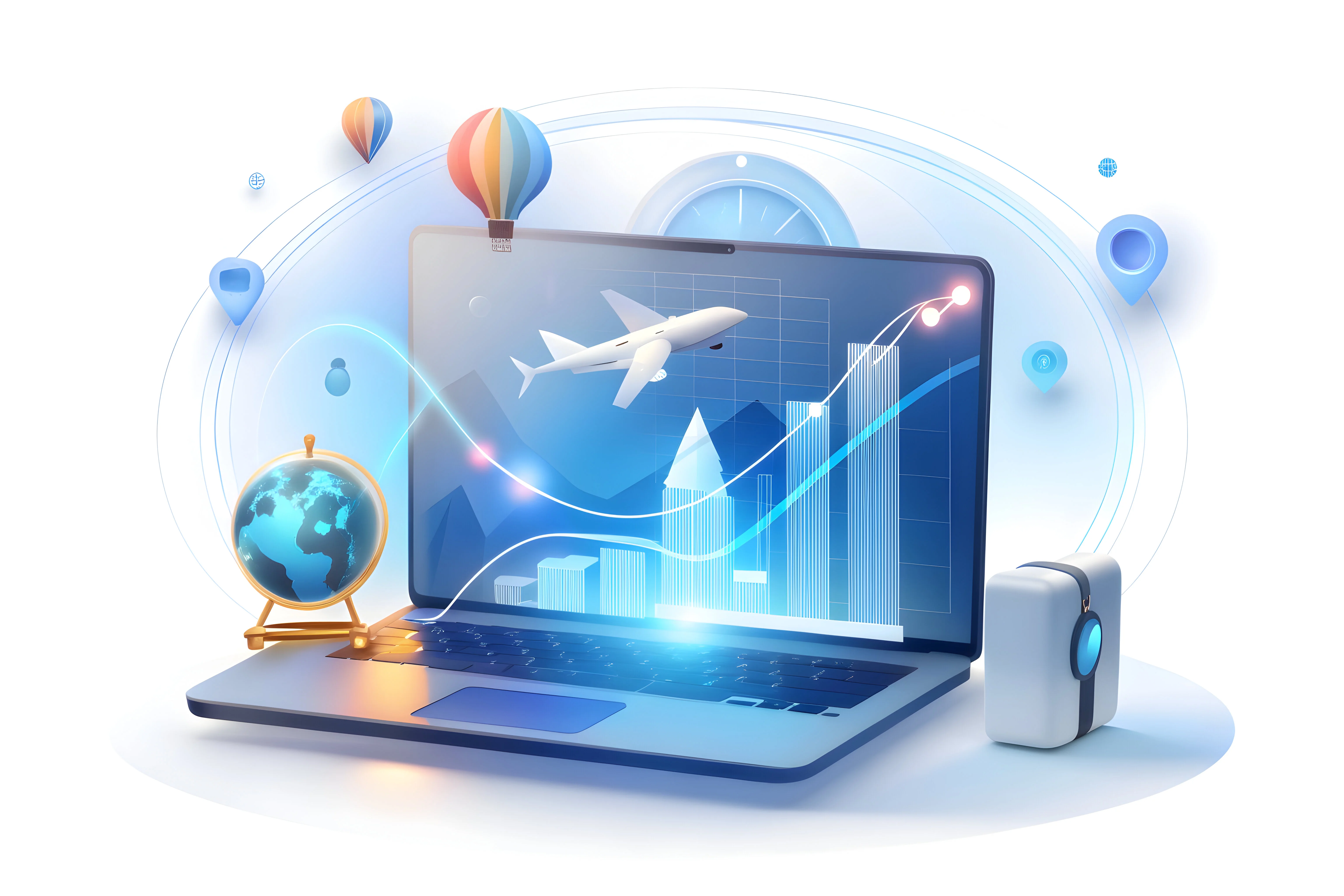Empowering Travel Agencies Worldwide.







Travel CRM (Customer Relationship Management) is a specialized software solution designed to help travel agencies manage their inter...


